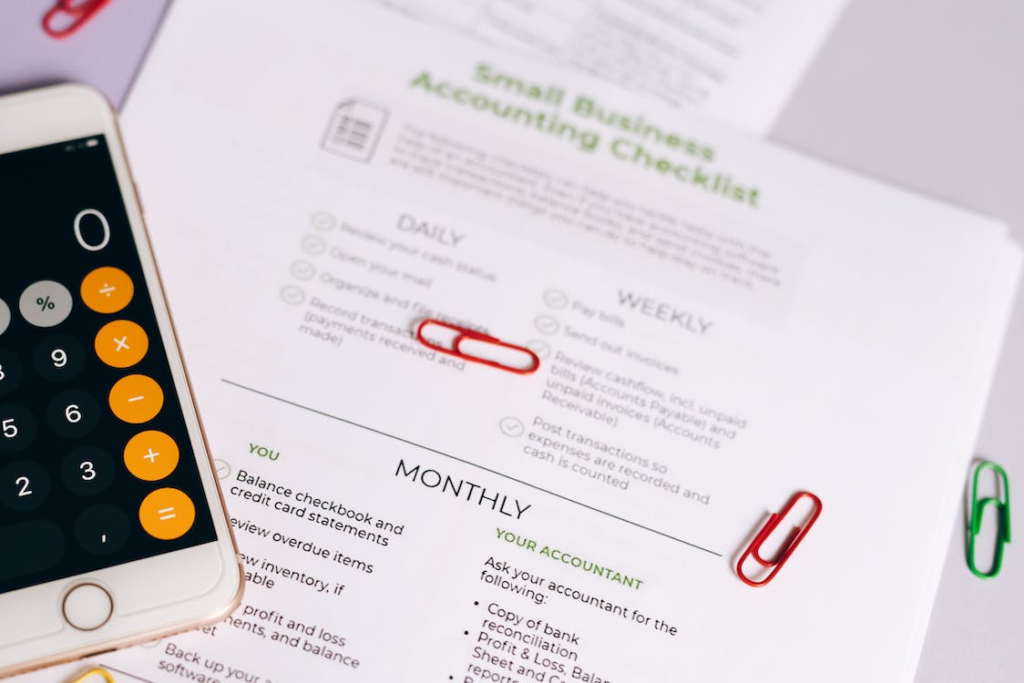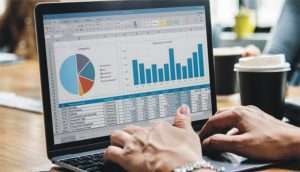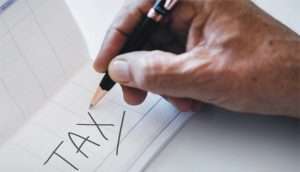There were 1.9 million self-employed people in 2021 in the UK. Many of these are people who turned their hobbies and talents into a trade to earn income. However, even if you’re self-employed, you’re subject to taxation. Fortunately, there are ways to reduce it – through allowances. As per the UK tax laws, there are several allowances you can claim on your taxes. Let IBISS & CO.’s accounting and tax consultants explain what it is and how you can claim it!
What Is Trading Allowance?
The trading allowance allows a £1,000/year exemption on trading, causal, or miscellaneous income. This exemption applies to income tax and National Insurance Contributions. It may include income from a ‘sharing economy’ such as car sharing and income from a gig economy. You can even claim it for hobbies you’re developing into a commercial business. However, a trading allowance isn’t automatically applicable like a personal allowance, so you’ll need to claim it with the HMRC.

How To Claim Trading Allowance
You can claim trading allowances if you use the cash basis of accounting or the accruals basis of accounting (with eligibility to use cash basis). However, it will vary depending on your income.
Income Lower than £1,000
You can cover the complete trading allowance if the total trading income in the basis period of the tax year is less than the threshold. This is called full relief. It’s important to find if the ‘gross’ trading income is less than £1,000. There will be no trading loss if the trading allowance exceeds the trading income.
Income Equal to or Higher than £1,000
If your total trading income before deducting expenses amounts to £1,000 or more, you can choose to deduct the trading allowance instead of deducting the business expenses from that tax period. If you do this, the taxable profit will be the total income minus the trading allowance. You can claim the trading allowance as a partial relief if your expenses aren’t high. However, those that claim partial relief cannot claim any other relief for pre-trading expenditure.

It’s necessary to keep business records to know what the trading income and business expenses are. Then, when the income is above the trading allowance, you must register with the HMRC for self-employment and complete a self-assessment tax return. If you’ve never done it before, hire an accountant and tax consultant to handle the complex process.
IBISS & CO. – The Top Tax Consultation Provider In London
Trading allowance is just the tip of the ice burg; there are several more allowable expenses that you can take advantage of to reduce your taxes. Let the best tax advisors in London at IBISS & CO. help you. We are accounting and tax consultants in London and Walsall.
We offer business and tax advice and are the leading tax accountant consultation service in London and Walsall. We help clients navigate the intricacies of tax filing and understand the tax return process for their maximum benefit.
Contact us for general accounting and specialist tax services.




